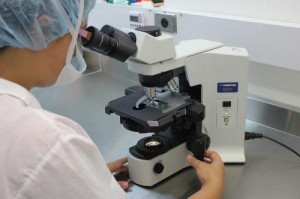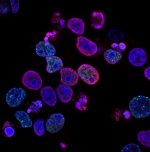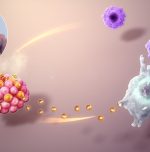IIT Madras: Aspirin to treat cancer

The Indian Institute of Technology has come up with several innovations and breakthrough. Now, IIT Madras seems to have found a huge breakthrough in the treatment of cancer.
A team from IIT Madras have successfully proved that the common aspirin used for headache can help terminate cancer cells.
Their study was published in the journal Scientific Reports. The work showed that the non-steroidal anti-inflammatory drug aspirin has a vital role in targeting malignant cells.
According to IIT-M Professor of Biotechnology Amal Kanti Bera, Aspirin is good at inducing high levels of calcium ions in the mitochondria of the cancer cells.
Their research showed that elevated levels of calcium prevent mitochondria from breaking down food into energy. So that means, Aspirin prevents energy production and releases toxic substances that kill the cell.
Finding such a breakthrough to fight cancer is an obvious boon to the world. The number of people suffering with cancer is growing at alarming rates.
According to data from Indian Council of Medical Research (ICMR), the number of people who will be suffering with cancer in the upcoming years will increase exponentially. According to a 2016 report there will likely be 17.3 lakh new cases by 2020. There were already 14.5 lakh cases in 2016 alone.
Many researchers have wondered if something as simple as aspirin could be useful in treating cancer. However, the team from IIT Madras proved it right.
With this new knowledge, drugs can be developed to fight cancer more effectively. Another important thing from the research is that since aspirin is easily affordable, it can likely make cancer treatment more affordable too.
Such breakthroughs can give a lot of hope considering the scary numbers that have been published in many reports. Without proper ways to treat cancer, it can be extremely dangerous to people everywhere in the world.
Hopefully, this new breakthrough can pave the way for a new generation of cancer treatment that can save more lives than ever.
Image Reference: IMBCR, Pixabay











Leave a Reply